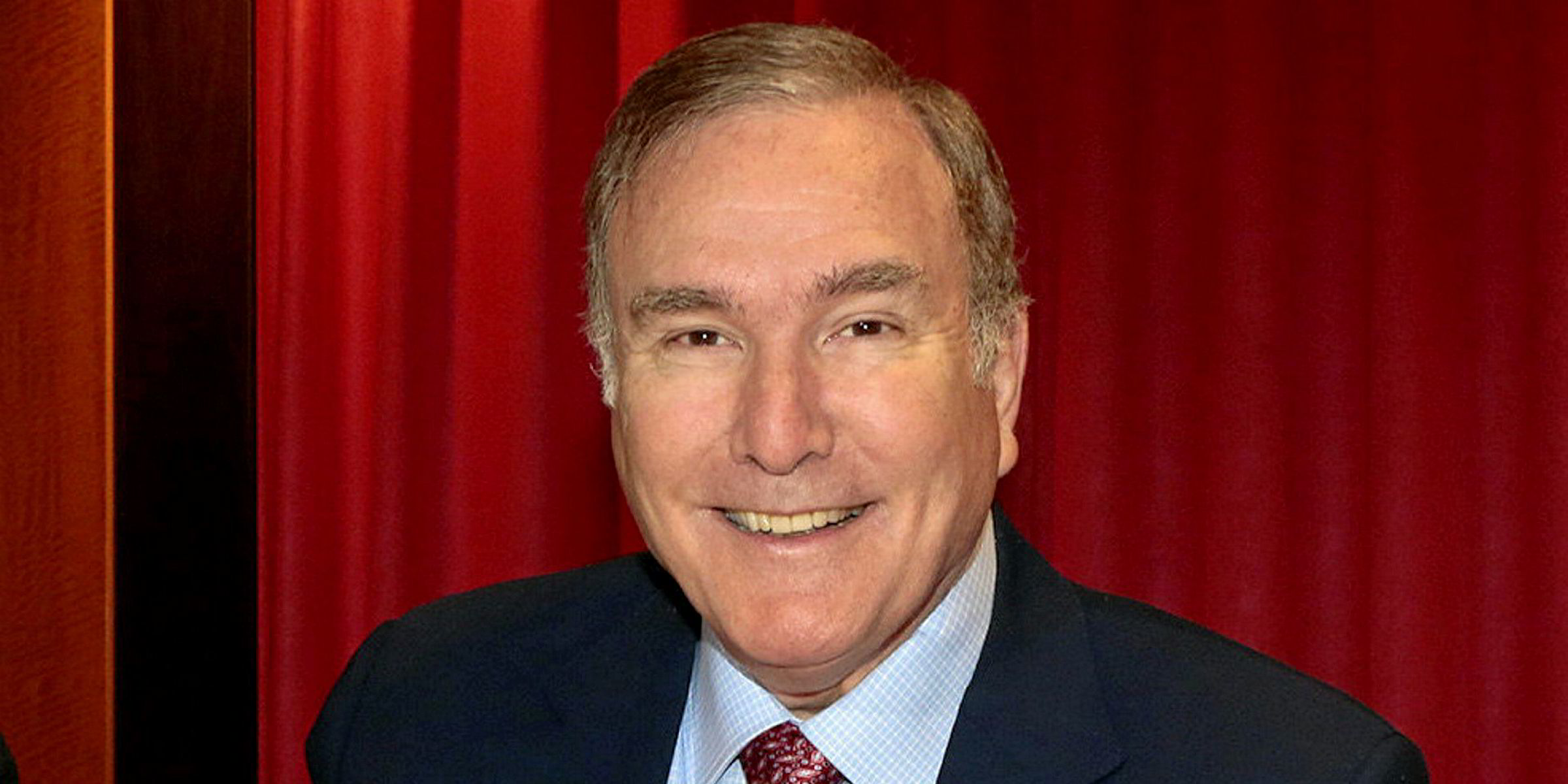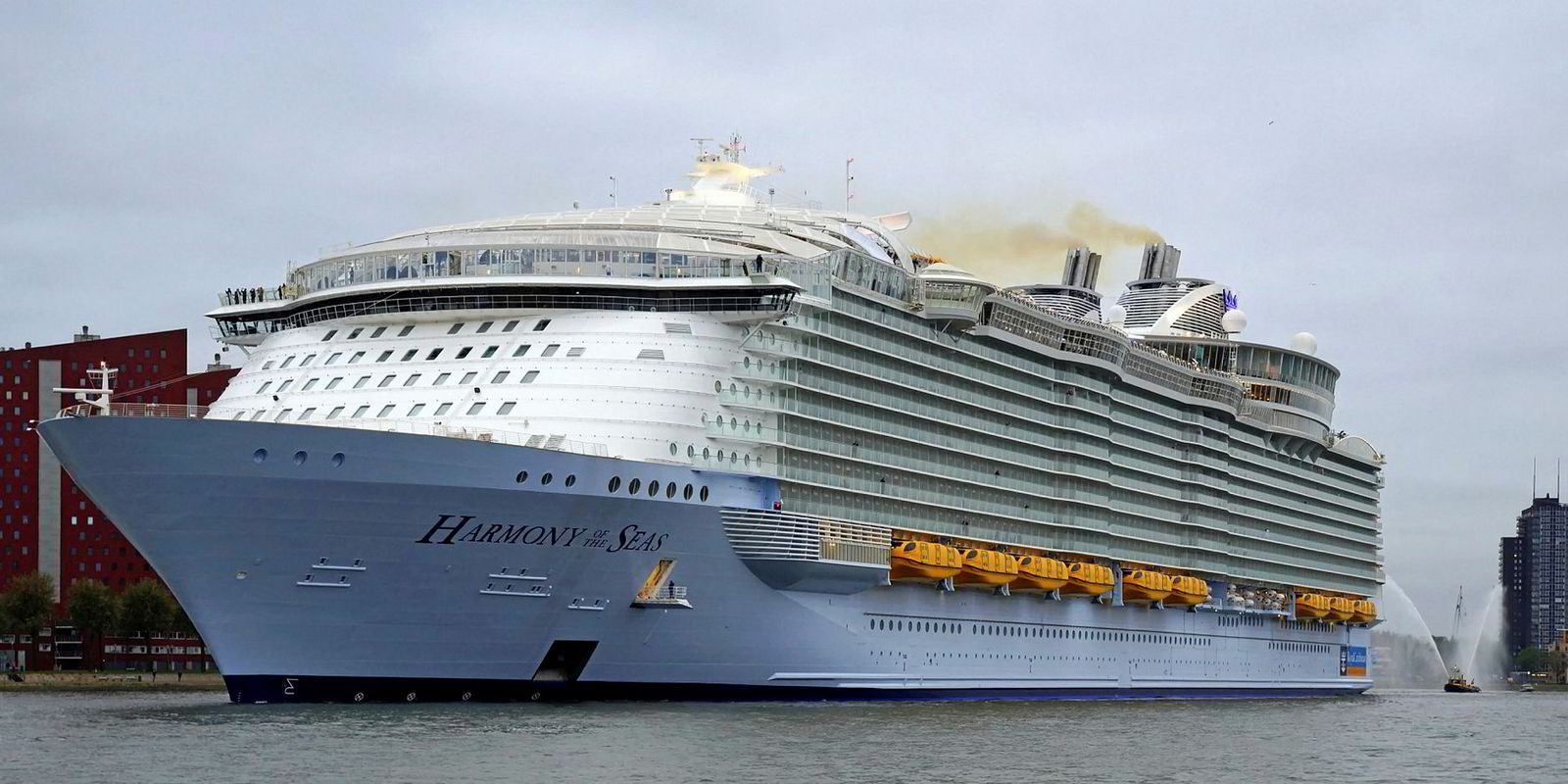The cruise industry is at full sail across the seven seas as more consumers look to have memories instead of possessions, according to industry leaders.
"There are very strong consumer trends of people buying experiences versus stuff," Royal Caribbean Cruises chief financial officer Jason Liberty said on a recent first-quarter earnings call.
Royal Caribbean chairman and chief executive Richard Fain said his Miami-based cruise major had an "exceptional year" in 2017 and expects to beat that year's bookings by 16%.
"We're not only feeling encouraged about 2018, but also the potential for the longer-term future," he said.
Liberty said the Caribbean region, which accounts for half of the company's 2018 bookings, is performing very well, particularly due to consumer interest in Cuba.
Since relations between Cuba and the US began to strengthen in 2016, the New York-listed company has doubled capacity to the island nation by adding the 1,602-berth Empress of the Seas (built 1990) to its service that already included the 2,356-berth Majesty of the Seas (built 1992).

"The Caribbean was very strong in 2017, which has provided for a difficult year-over-year comparable," he said. "However, demand has been strong, and bookings have been trending ahead of the same time last year."
Frank Del Rio-led Norwegian Cruise Line is also looking at the cruise industry with great optimism.
“The year is off to an impressive start with yet another record quarter of earnings, which exceeded expectations,” he said of first-quarter results, which were released on Wednesday.
“The 2018 wave season was stellar and has further strengthened our overall future booked position, with load factor and pricing continuing to be well ahead of prior year for the remaining quarters for 2018 and throughout 2019.”
The Miami-based cruise major posted a profit of $103m for the first quarter, up from $61.9m during the same period last year. The company’s $0.60 in adjusted earnings per share beat analyst consensus of $0.54.
Net revenue increased 13.1% to $1bn, primarily due to strong organic pricing growth across all core markets and gain in capacity days from adding the 167,725-gt Norwegian Joy (built 2017) to the fleet.
Strong markets
Liberty said the company is also benefiting from strong North American and Chinese markets, with expansion efforts recently being exerted in the latter.
"Overall, the booking environment for Q2 through Q4 remains very strong and in line with our previous expectations," Liberty said.
He added that the 5,400-berth Symphony of the Seas (built 2018), which is sailing in Europe and will start cruising the Bahamas later this year, has beaten first-year booking estimates by 50%.
"Symphony is knocking it out of the park in terms of bookings," he said.
Occupancy onboard Royal Caribbean's 49 ships has been more than 100% for the first quarter, meaning some cabins had three or more passengers.
Occupancy reached 108%, or 1.4 million passengers, in the period, versus 107.3%, or 1.43 million, a year ago.
As a result, passenger and onboard revenue combined totalled $2.03bn in the first quarter, which was even with revenue of $2bn during the same period last year. That helped produce profits of $219m, which was up from $215m a year ago.
"The company's 2018 booked position is better than last year's record high and ahead in both volume and rate," Royal Caribbean said. "All core products are generally in line with the company's previous expectations."
The company's 2018 booked position is better than last year's record high and ahead in both volume and rate. All core products are generally in line with the company's previous expectations
In addition to booking more cruises, Bayley said Royal Caribbean is earning more revenue from onboard experiences and excursions before consumers cross the gangway.
"For every dollar we earn pre-cruise, we'll see something between a 30% to 50% uptick in the onboard spend," he said.
Fain said ability to order onboard experiences and outings over the internet and the company's investment in new venues and attractions on the ships have also boosted spending at sea.
"It's really a combination," Fain said, taking a question from UBS analyst Robin Farley. "People are seeking experiences."
In light of the positive outlook for bookings for this year and beyond, Nomura Instinet analyst Harry Curtis asked how much Royal Caribbean plans to spend on marketing.
Fain said the company is focusing its marketing on gaining travellers from 2019 and beyond via internet sales and social media, given their popularity with millennials and first-time customers.
"I would say that we have made a journey over the past couple of years, and it's been fairly significant — and we continue that journey," Fain said.






